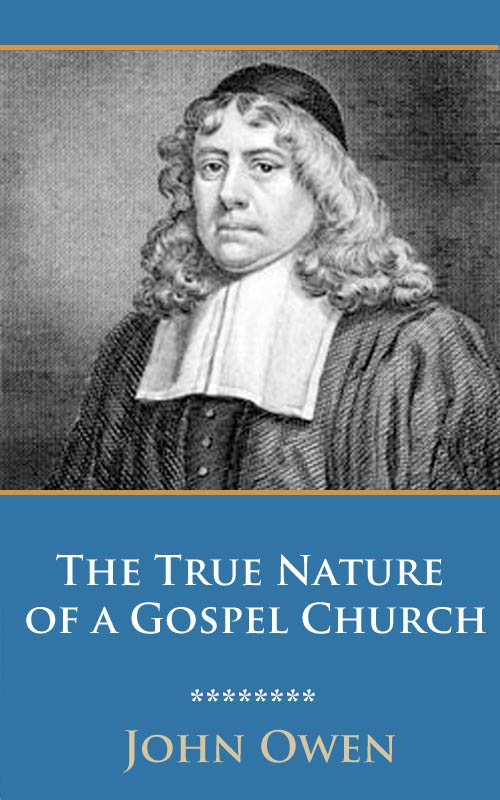
 by John Owen
by John Owen
in ePub, .mobi &. pdf formats
ON the ground of some statements in the following treatise, which was published in 1689, it has been gravely argued that the author returned to the Presbyterianism of his early days before he died. In the "Inquiry concerning Evangelical Churches," (see vol. xv.), which forms the first part of this work, Owen states that he would "neither examine nor oppose the opinion" in favour of "a national church-state, arising from an association of the officers of particular churches, in several degrees, which they call classical and provincial."—P. 262. He declares, in his answer to Stillingfleet, that had the Presbyterian government been established at the Restoration "without a rigorous imposition of every thing supposed by any to belong thereto," Presbyterians and Independents "would have been both to blame" if they had continued in a state of separation from each other. "If it shall be asked, then," he proceeds, "why they did not formerly agree in the Assembly? I answer,—(1.) I was none of them, and cannot tell; (2.) They did agree in my judgment well enough, if they could have thought so; and further I am not concerned in the difference."—P. 433. The author of the anonymous memoir prefixed to Marshall's edition of his Sermons remarks, "He was of so healing a temper, that I heard him say before a person of quality and others, that he could readily join with Presbytery as it was exercised in Scotland." In his MSS. Analecta, under date 1716, the historian Wodrow records the following statement:—"Mr George Redpath told me two or three years ago, when in Edinburgh, that he visited Dr Owen on his deathbed, and Presbytery and Episcopacy came to be discoursed of; and the Doctor said how he had seen his mistake as to the Independent way, and declared to him a day or two before his death, that, after his utmost search into the Scriptures and antiquity, he was now satisfied that Presbytery was the way Christ had appointed in his new testament church." If we add, that on the subject of the ruling elder (see chapter 7 of the following treatise) the views of Owen are in perfect harmony with Presbyterianism, and that, under certain qualifications, he contends for the lawfulness and authority of synods, we exhaust the evidence that in his last days he was more of a Presbyterian than an Independent.
-----
Table of Contents
PREFATORY NOTE BY THE EDITOR
The Preface to the Reader
CHAP. I.—The subject-matter of the church
CHAP. II.—Of the formal cause of a particular church
CHAP. III.—Of the polity, rule, or discipline, of the church in general
CHAP. IV.—The officers of the church
CHAP. V.—The especial duty of pastors of churches
CHAP. VI.—Of the office of teachers in the church, or an inquiry into the state, condition, and work, of those called teachers in the Scripture
CHAP. VII.—Of the rule of the church, or of ruling elders
CHAP. VIII.—The nature of church polity or rule, with the duty of elders
CHAP. IX.—Of deacons
CHAP. X.—Of excommunication
CHAP. XI.—Of the communion of churches
